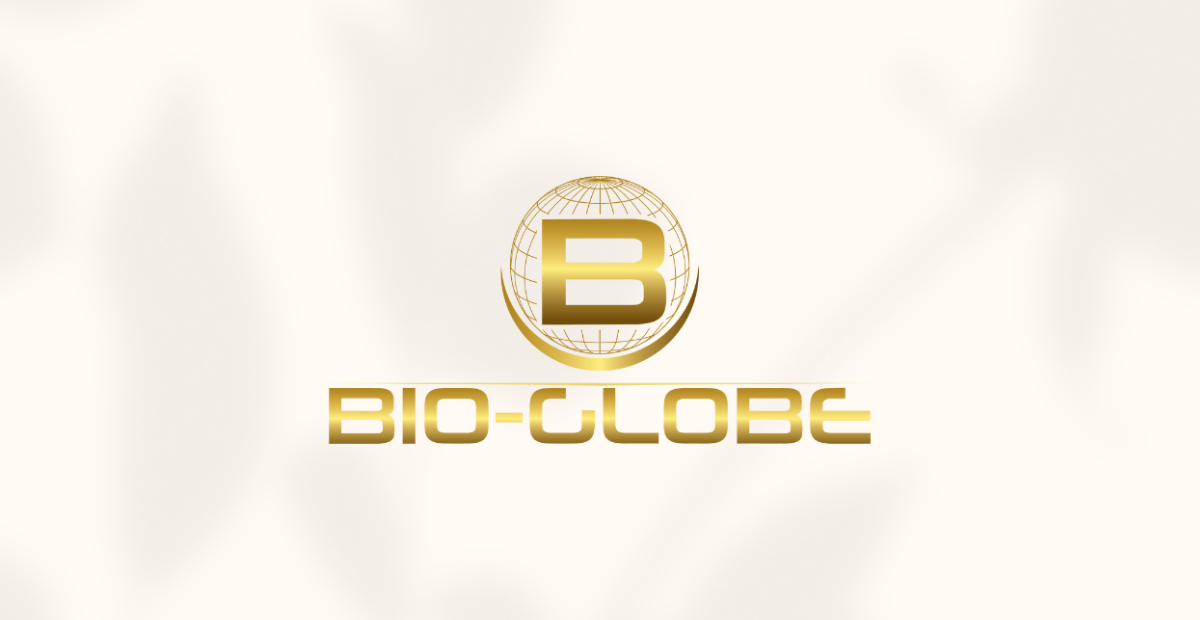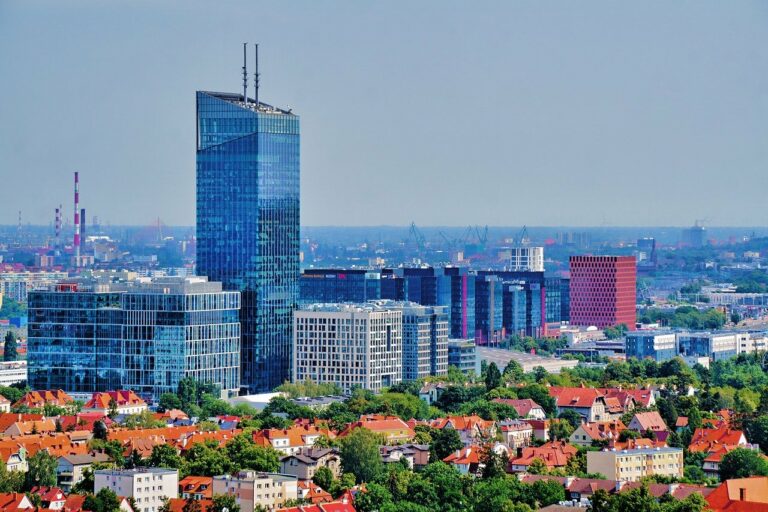Bioglobe Singapore Review: My Journey from Skeptic to Advocate
When I first heard about Bioglobe Singapore Review, I was deeply skeptical after all, many companies in the wellness and network-marketing space make big promises. Yet here I am, five years later, writing this Bioglobe Singapore review to recount how that skepticism gradually gave way to belief and even enthusiasm. In this article, I’ll share everything I’ve learned: what Bioglobe is, how their business model works, what the products are like, pros and cons, and whether it might be right for someone considering joining or purchasing.
What Is Bioglobe Singapore?
Bioglobe Singapore (often styled “Bio-Globe”) is a wellness and direct sales company based in Singapore, focusing on distributing health, home, and lifestyle products through a network marketing model. Their flagship products include Biolytes, a water-enhancing / filtration system, and BMAG SleepTech, which implements magnetic therapy for sleep and well-being. According to the company, they emphasize free training, no mandatory startup capital, and support for their network of distributors. As a registered entity in Singapore (UEN: 201608102M), they operate in the wholesale and retail of household goods.
From the start, the company markets itself as a “wellness + distribution” hybrid one that sells products, but also offers an opportunity for individuals to build a network and earn commissions.
My First Impressions and Early Days
Skepticism and Initial Hesitation
When I first encountered Bioglobe, what raised red flags were the typical marketing tropes: freedom, residual income, no capital needed. These phrases are often used in companies that emphasize recruitment over product. I wondered, would the revenue truly come from product sales, or mainly from new distributor signups?
That said, the presentations from early uplines were polished, the product demonstrations seemed scientific, and the company highlighted that training was free. Over time, I decided to give it a trial period, with modest expectations.
The Onboarding Experience
In the first few weeks, I received structured training sessions, product demos, and mentorship from more senior distributors. The company claimed they would not charge mandatory fees beyond a modest starter kit (which I eventually bought). The training (sales, product knowledge, follow-up, presentation skills) was fairly comprehensive for beginners. Over time, I gained enough confidence to try simple sales to acquaintances, friends, and family.
Products: Promise Versus Reality
Biolytes Water System
This is arguably their most marketed product. According to user testimonials, Biolytes promises healthier water, combining filtration, mineralization, and convenience (hot, cold, ambient water) all in one system. Some users report that water feels smoother, tastes better, and that the system simplifies access to hot water for cooking or sterilizing. However, identifying how much of that is placebo effect versus measurable improvement requires independent testing, which is lacking in public documentation.
From my own use over the years, I found it more convenient than many traditional water purifiers. The convenience of instant hot and cold water was a compelling benefit no need to boil separately in many cases.
Maintenance, filter replacements, and the cost of parts are key ongoing costs. Some users report that after a few years, parts or service become harder to maintain. (This is not unique to Bioglobe; many water systems face such challenges.)
BMAG / Magnetic Therapy Products
Another wing of Bioglobe’s product line is magnetic therapy and sleep enhancement gear (e.g. magnetic mattress pads or SleepTech). The scientific support for magnetic therapy remains controversial and weak in conventional medicine. Some distributors and users advocate the relief they feel from sleep, circulation, or muscle tension; others are unconvinced.
Over my five years, I experimented with these products occasionally, but I would categorize them as supplementary. I could not conclusively attribute major health changes to them, but I did not experience harm either (for typical users without underlying conditions).
The Business Model: Network Marketing & Earning Potential
Structure & Commission
Bioglobe operates via a multi-level marketing (MLM) structure: you recruit distributors, build a downline, and earn commissions on sales volume (your own and those under you). The company claims no mandatory capital or membership fees, and that incomes are linked to performance and volume.
In practice, in the early phases, my earnings were modest and unpredictable. Only after building a consistent sales pipeline and recruiting a few motivated team members did I see more meaningful returns.
Challenges & Realities
-
Recruitment dependence: As is often cautioned in MLMs, growth depends heavily on finding and motivating new distributors. Some months were slow when recruitment slowed.
-
Time investment: The hours invested (presentations, training, follow-ups) sometimes rivaled a part-time job. Many distributors report burnout if they do not pace themselves.
-
Income claims vs reality: Some former employees/associates report that promises of steady high incomes were not delivered. One Glassdoor review mentions that a salesperson felt misled, saying: “They promised to earn you 2k per month yet nothing for me staying there for ½ year …”
-
Company support & leadership variability: Depending on your mentor or upline, the training quality and attention you receive can vary. Some are excellent coaches; others may be less hands-on.
-
Market saturation and competition: In some areas, too many distributors may compete for the same leads or customers. Also, skepticism towards MLMs can deter potential clients.
What Others Say
-
On Glassdoor, the company gets generally positive ratings: Bio-Globe employees rate it ~4.1 out of 5, with 83% saying they’d recommend it to a friend.
-
On Trustpilot, Bioglobe Singapore scores ~4.2/5 based on a small pool of reviews.
-
On Reddit, there are cautionary posts from people who felt deceived by MLM practices, including promotional tactics and vague office locations.
-
On JobStreet, employees rate the company highly (4.9 out of 5 across 11 reviews), emphasizing salary fairness, benefits, and growth, while noting it is a “pioneering” company with reputation challenges.
-
On Indeed, some reviews highlight that the environment can be very competitive, with a focus on monthly performance.
These mixed voices reinforce that experiences are highly individual and dependent on one’s drive, network, and resilience.
My Experience Over Five Years: Key Takeaways
What Went Well
-
Learning & Growth
Over time, I developed sales and leadership skills far beyond what I anticipated. The training, mentorship, and trial-and-error helped me become comfortable presenting and handling objections. -
Supplemental Income
While I never reached “passive income” levels that were sometimes promised, I was able to offset some living expenses and occasionally take small trips, especially in better months. -
Community & Networking
The social and motivational aspects—team meetings, events, recognition became a strong point. The sense of belonging and mutual encouragement is not trivial: it kept me motivated when things slowed. -
Product Utilization
I used the Biolytes system in my home, and it did bring convenience. The ease of hot, cold, ambient water and reduced need for boiling were real benefits. While I cannot conclusively claim dramatic health improvements, I personally feel more satisfied with water quality.
What Didn’t Go So Well
-
Income Volatility
Some months, sales would slump, and recruitment would slow leading to dips in income. It was less stable than a salaried job. -
Effort vs Reward at Early Stage
In the early phases, the effort seemed disproportionate to returns, which discouraged some new distributors from persisting. -
Skepticism & Trust Issues
Given the MLM nature, some friends and acquaintances were reluctant to engage, seeing it as a “sales pitch” or “scam.” I spent effort dealing with distrust. -
Attrition in Downline
Some recruits dropped off after a few months; sustaining team morale and momentum was challenging.
Pros & Cons Summary
| Pros | Cons |
|---|---|
| Free training, mentorship, and development | Income can be unstable, especially early on |
| Products that offer real convenience (e.g. Biolytes) | MLM structure increases reliance on recruitment |
| Community/networking and motivational culture | Skepticism and stigma around MLMs can hamper sales |
| Registered and operating legally in Singapore | Some health claims (magnetic therapy) lack strong scientific backing |
| Employee reviews largely positive about environment | Reports of unmet income promises from some ex-distributors |
Who Might Benefit and Who Should Be Cautious
Who It Suits
-
Ambitious part-time entrepreneurs who are willing to hustle, learn sales and leadership skills, and build a team over time.
-
People comfortable with networking or sales — those who have a broad social circle or willingness to speak publicly.
-
Individuals who want flexible hours and control over how much time they invest.
-
Those who can weather early lean months and stay motivated.
Who Should Be Cautious
-
Those needing guaranteed stable income — traditional salaried jobs may be safer initially.
-
People uncomfortable with sales pitches or recruitment.
-
Individuals looking for purely product-based, scientific health solutions, especially where dramatic health claims are involved.
-
Anyone unable to sustain persistence in face of initial rejections or slow growth.
Final Verdict & Tips for Prospective Distributors or Buyers
Bioglobe Singapore Review Verdict
After five years, I would classify Bioglobe Singapore as a legitimate but challenging opportunity. It is neither a guaranteed ticket to wealth nor a guaranteed scam. Much depends on your commitment, network, learning, and adaptability.
If I had to rate it: I’d place it as a 3.5/5 opportunity for someone willing to invest time, but with no illusions about overnight success.
Tips for Success or Smart Buying
-
Validate the product personally first — use it, test it, be confident in its value before selling.
-
Don’t oversell claims, especially in areas like health or magnetic therapy; err on the side of transparency.
-
Build your team carefully, focusing on quality and training, not purely numbers.
-
Diversify sales avenues — don’t rely solely on recruiting; focus on product sales and customer retention.
-
Set realistic expectations and milestones, especially early years.
-
Document your income projections and comparisons before investing heavily.
-
Stay informed about regulations and ensure all practices are ethical and compliant in your locale.







